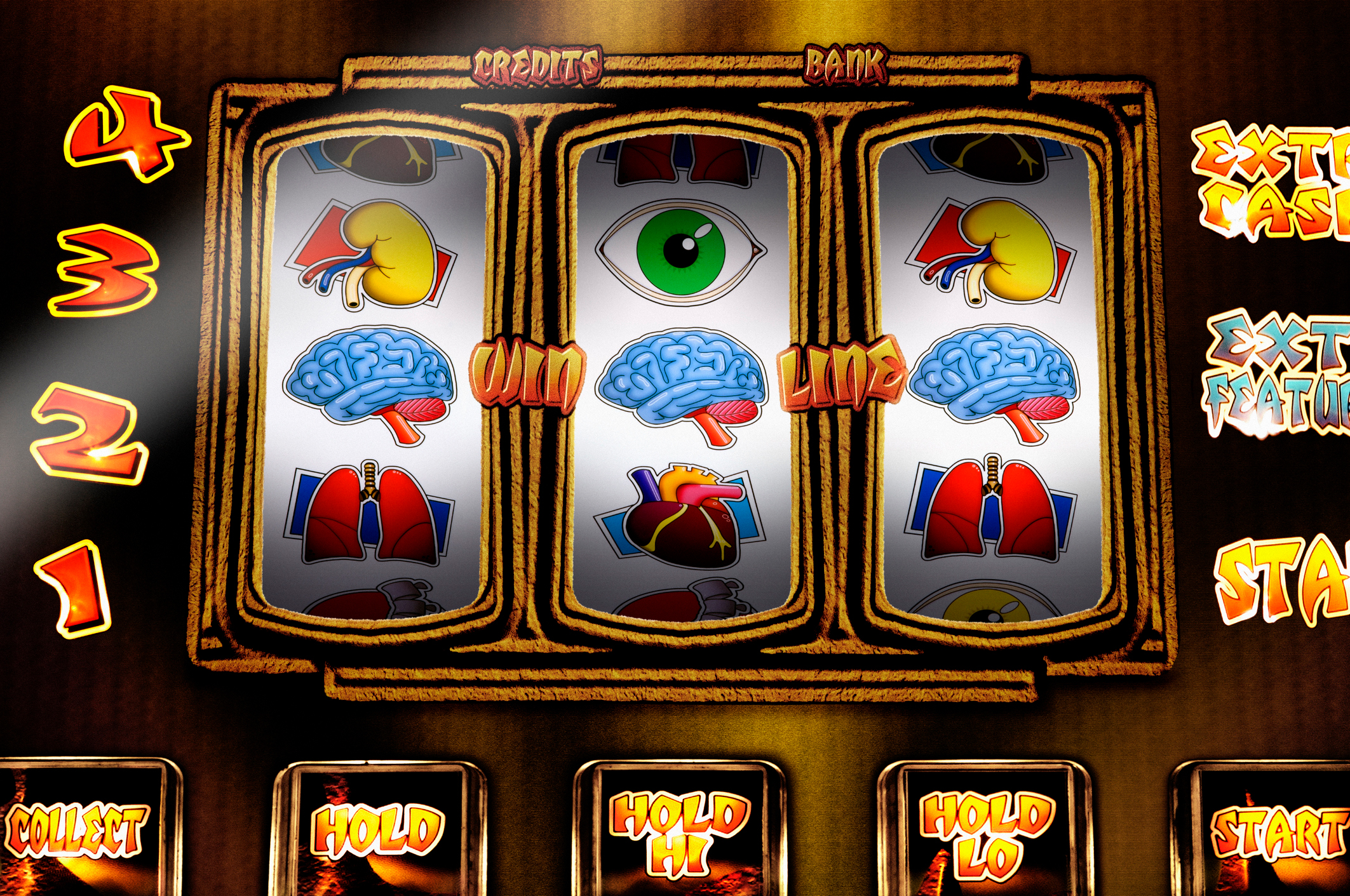With news that Connecticut may be getting a third casino, UConn Today discussed with addiction expert Thomas Babor of UConn School of Medicine the growing gambling epidemic and its potentially negative impact on our society and our health.
Q. Is gambling a modern-day phenomenon or problem?
A. By the late 20th century, gambling had assumed global dimensions, and the trend has accelerated since the new millennium. From a variety of small gaming sites in local communities, gambling has become an industry intertwined with tourism, entertainment, professional sports, and the media. This expansion has occurred in close connection with a relaxation of government regulations in the interest of creating jobs and tax revenues for the national and local economy. Trends over the past 20 years indicate a growing concentration of many gambling activities into large transnational corporations and state/provincial governments, the development of new and more addictive gambling technologies, and globalization of the market through the internet.
Q. How prevalent are gambling behavior and gambling problems?
A. General population surveys show that gambling is prevalent in many high-income countries. In most surveys, more than half of the respondents report gambling at least once in the preceding year. However, the proportion varies considerably by country. Prevalence rates of problem gambling range from 0.5 percent to 7.6 percent across countries, with an average of 2.3 percent. These rates do not reveal that every problem gambler affects other people. Problem gamblers may have betrayed trust in relationships using money jointly held by the couple, or money from an employer or client for which the gambler had a fiduciary responsibility. Financial consequences of problematic gambling, as well as substance use and health issues, affect between 5 and 17 other people in addition to the individual gambler, according to some estimates.
Q. What are gambling’s personal, social, and societal costs?
A. Substantial evidence links gambling with hardships in health, substance use, poverty, social relationships, and crime. In most cases, however, causality cannot be proven. Gambling is most often a co-occurring problem among people who are already in vulnerable life situations, aggravating their difficulties and obstructing their attempts to improve their situation. Gambling inevitably results in financial losses for most people who engage in games of chance. This can result in increased stress, bankruptcy, and even suicide in some cases. Problem gambling co-occurs with mental health problems and substance use. The most frequently co-occurring mental health problems are mood disorders (depression) and anxiety disorders. Survey research conducted in many countries indicates that gambling problems tend to be concentrated, though not exclusively, in the most vulnerable and disadvantaged groups, including ethnic minorities, the homeless, the unemployed, the mentally ill, alcohol and drug users, and those who have lower incomes and socioeconomic status. Although cause and effect are difficult to establish, the personal and social costs for individuals and families are often severe for people who gamble regularly. Societal costs are borne by employers (who suffer from embezzlement), social welfare agencies, and the health care system.
Q. Do the costs outweigh the benefits?
Gambling provides various kinds of satisfaction to players, and it probably has similar functions in society as sports and other games. As an economic activity, it contributes to the circulation of money, providing employment, profits, and revenues to governments. Many of these benefits cannot be objectively measured, and those that can bear opportunity costs as they absorb resources from other economic activities. It is difficult to say whether the costs outweigh the benefits, but it is likely that the former have been underestimated and the latter overestimated. With the recent expansion of gambling opportunities, it is becoming clear that most of the benefits go to governments and the gambling industry, and most of the costs are borne by the poor, the unemployed, and other vulnerable groups, whose problems then need to be addressed by the social welfare and health care systems.
Q. What does the latest scientific research tell us about gambling?
A. Electronic gambling machines generate much, if not most of the profit for the gambling industry, and most of the harm caused by it. Casinos are supposedly designed to cater to “high rollers” interested in table games, but in reality most of their profit is derived from electronic gambling machines. Other research indicates that gambling is one of several behavioral addictions that are difficult to treat once the habit has been developed.
Research also indicates that gambling regulations, such as restrictions on electronic gambling machines and bans on internet gambling, can reduce the harm associated with pathological gambling.
Q. What are the warning signs of a gambling problem?
A. The warning signs include gambling to escape worry, rather than for fun, gambling longer than intended, being unable to quit after losses, chasing losses with more gambling, being criticized by friends and family for gambling too much, losing time from work or school because of gambling, spending the rent, mortgage, or food money at the casino, borrowing money to finance gambling, and continuing to gamble despite all of these problems.
Q. If someone develops a gambling problem, what sort of help is available?
A. Cognitive-behavioral therapy for gambling addiction focuses on changing unhealthy gambling behaviors and thoughts, such as rationalizations and false beliefs. Cognitive-behavioral therapy can provide tools for coping with gambling addiction. Inpatient treatment programs are an expensive option for those with severe gambling problems, and often outpatient treatment and self-help groups can be just as effective. Marriage and credit counseling are also often critical in the resolution of issues created by problem gambling.
If you or a loved one have a problem with gambling, call the free, confidential 24-hour State Problem Gambling Services hotline at: 888-789-7777.



